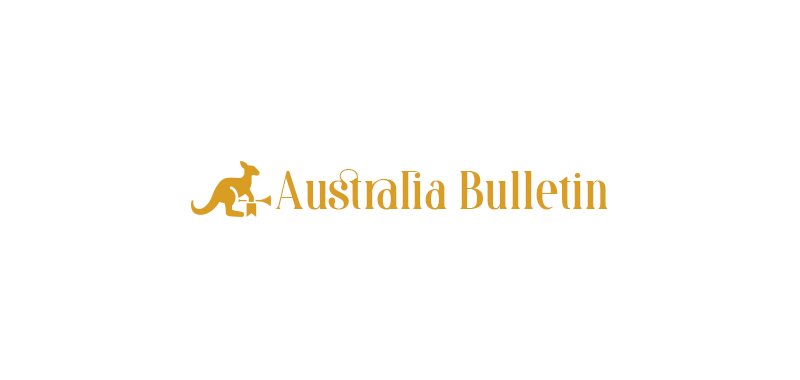Alberta reduced the number of its inactive oil and gas wells by 5% last year, to a total of 79,000 from 83,000 a year earlier, according to a report by the Alberta Energy Regulator.
The watchdog said that oil and gas companies in the province spent over C$769 million, or about $550 million, on the closure of non-producing wells in 2023, exceeding the sum required by the authorities.
“This year’s data indicates the industry is making notable progress on cleaning up oil and gas wells, pipelines, and facilities,” the chief executive of the Alberta Energy Regulator said, as quoted by Reuters. “The report also shows ongoing attention and effort will be essential to keep the count of inactive wells moving downward,” Laurie Pushor also said.
The provincial regulator mandated the closure of inactive wells in 2022 after their number grew rapidly between 2000 and 2020 amid the industry’s fast expansion. The AER also set a budget for the cleanup activities. It reported that some 91% of the oil and gas companies with licenses to produce hydrocarbons in the province had complied with the requirements. Those that did not comply, face suspension of activities.
Canada’s total oil production this year has averaged 5.7 million barrels daily, according to the Canadian Association of Petroleum Producers. Of this total, oil sands represent oil sands represent 3.3 million bpd, or 57%. Conventional oil represents 1.5 million barrels daily, with the rest coming from offshore wells and natural gas liquid production.
The largest producing province and home to most of the oil sands now faces fresh constraints to production growth following a proposed cap on emissions from oil and gas production by the government in Ottawa.
The proposed regulation will set a cap on greenhouse gas pollution within the oil and gas sector and have companies reduce emissions by 35% compared to 2019 levels. The planned legislation would also introduce a cap-and-trade system designed to recognize better-performing companies and incentivize those that are higher polluting to invest in making their production processes cleaner.
According to Alberta, this is effectively a cap on oil and gas production and it has threatened to declare the regulation unconstitutional and take natural resource matters into its own hands.
By Irina Slav for Oilprice.com

